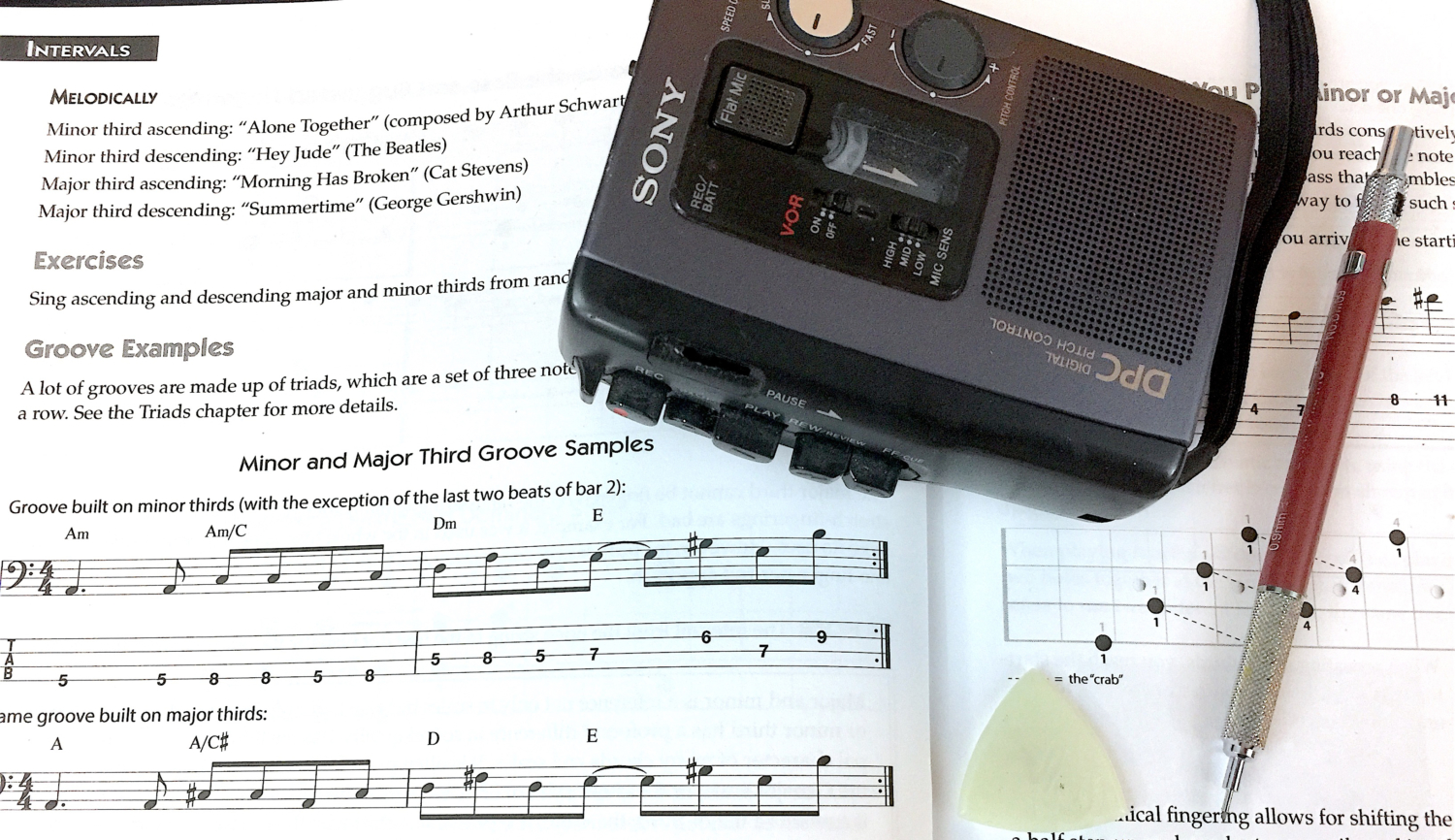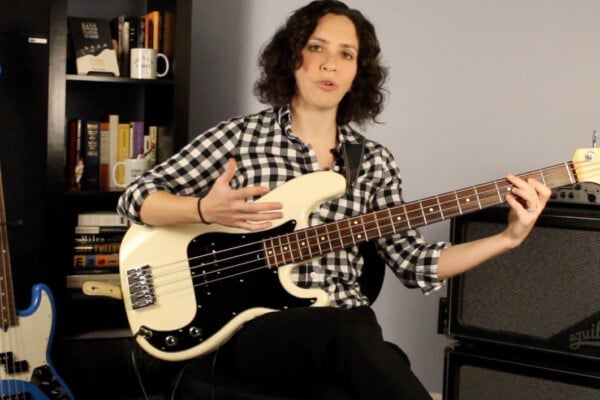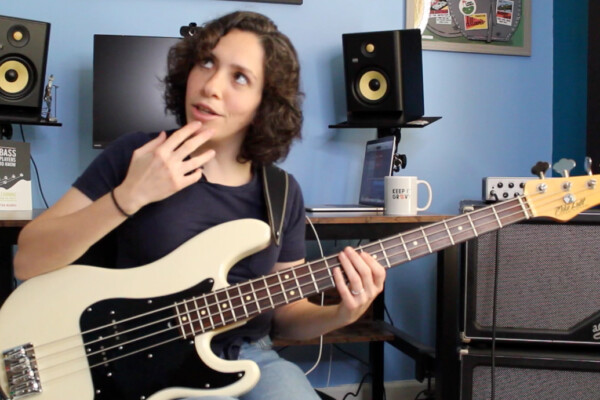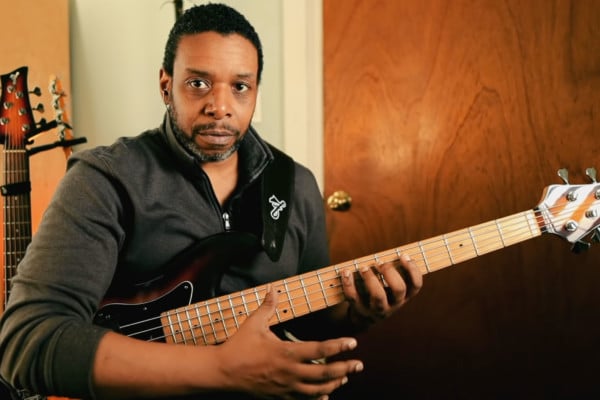Talking Technique: Efficient Practice Hacks

Are you (like me) always on the hunt for the latest and most efficient practice “hacks”? Today I am starting a series here on Talking Technique introducing you to my personal favorites. Some of them are quite unexpected, and I encourage you to try them and see the results for yourself. Some go back to ancient wisdom, and science has now provided proof why they are working! Some are weird, some are cutting edge, but, they all work! Pick one to start with and expand from there! They all come with infographics, checklists of sorts or practical Take-Away instructions. Give them a whirl!
Getting results? Let us know in the comments!
Installment one is helpful and multifaceted. Click the links for more resources and articles!
Ariane’s Practice Tweak #1: Create Feedback Loops
Whenever we get feedback on how we just did, we create an opportunity to improve. There is feedback from tools, from yourself and feedback from others. Here are a few examples:
Practice in front of a mirror.
- Watch for details of your technique and use PORA.
- Take a look at the checklist for excellent technique, or even if you just practice some head banging moves: seeing yourself somehow makes it even more real which impresses on the mind to remember what you are doing.
Record yourself.
A simple smartphone will do. Then listen back and especially check for what you have been working on (like, timing, phrasing, tone). I am also still doing this a lot on gigs I play.
As you listen back, mentally rehearse what you played. This is a truly excellent practice – once again you are making it more real and “bigger” for the brain. This is much more effective than playing something numerous times over and over mindlessly.
If you have a hard time listening back without beating yourself up or a general sticky feeling of “cringing,” take a step back and a deep breath in. Can you find out more about that cringe? What it is that doesn’t groove? Somehow what you internally hear is not matching what comes out. See if you can be curious about it, like a detective.
Listen to specific aspects of your playing:
- Are the notes even or are some sticking out?
- Is the timing on point? Why not? Ahead? Behind? Overall inconsistent?
- Are the left and right hand not coordinated which results in double attacks and choked notes?
Answers to these questions give you clues on what to work on next. It sharpens your ears and awareness. Nothing but awesome sauce, really. So be gentle with yourself. No benefit in beating yourself up. An encouraging voice to yourself will go a long way.
Another feedback device: a metronome!
A metronome is so useful, because it feeds back to you how consistent you are with your timing. Record yourself while playing with a metronome and you get some good info from it. I also find it helps you focus on what to listen for. I make my students play the measure in question one time and then make them stop and ask them to mentally listen back. Were you on? A bit behind? A bit ahead? What are you hearing? It is amazing how even beginners and people who thought they “had no sense of timing” start to realize:
- What is really happening and
- How to fix it!
Practicing with a tuner.
If you play fretless or upright, a tuner is an interesting intonation feedback device. However, never neglect your ears for the sake of watching that needle. I suggest you play the note – make a quick evaluation of the pitch – spot on, high or low? – then check the tuner for the cold, brutally honest hard feedback. Consider that if you do too much of it, you would train yourself to play with equal tempered tuning rather than “natural” tuning (pure thirds and fifths for example). So, don’t go overboard here.
Alternatively, you can put on a drone note (many metronomes have them in all keys) and listen to the intervals you play against that. That is great for aural feedback!
Even if you play a fretted bass, a tuner is a nice feedback gadget for the occasional practice that includes saying note names. Close eyes while you recite the notes of whatever scale you are practicing and spot check once in a while if the note you think you are playing really is the note you are playing! And by the way, intonation is a matter to be aware of on fretted bass also. When you unintentionally bend a string the note will be too high.
Feedback is most effective:
- The closer it happens to your playing,
- When it is specific:
- Not: “My timing was off,” but: “I was behind in the unison line after the 1st chorus.”
- Not: “My intonation sucks,” but: “I played this phrase too high.”
- Specific also means: concentrate on one or two aspects. One or two items at a time, and no need to get overwhelmed with too many things that need work – when it gives you actionable material – things you can do differently, things you can work on! Keep it on the behavioral level, which simply means: comment on specific behaviors not the person behind them. (And yes, this includes when you give yourself feedback).
Feedback is one of the most important things that make you learn. If you can see an encouraging teacher sporadically (online or in person) or ask your band mates or maybe audience members you respect for constructive feedback (choose candidates carefully), you will see great improvements, gain awareness that will help you grow.
And, yes, I do realize that sometimes it is not easy to hear that we got more work to do. The only remedy is to do the work. Rarely do things “just get better on their own.”
Break the feedback down and analyze it. Sometimes you have to do some “translating.” But you will get the hang of it.
Is the issue timing? Then include metronome practice for a few days:
- Lack of evenness of notes? Right hand technique.
- Sounds sloppy? Minimize movement (left hand technique exercises, optimize fingering using a system like one-finger-per-fret, metronome practice and awareness, coordination exercises, permutation exercises
- It just doesn’t “feel” right? Check out phrasing, dynamics, articulation. Transcribe and listen to your heroes.
- They don’t like your note choices? Do you agree? What about them do you not like? Limited vocabulary perhaps? Try music theory, transcribing other people, ear training.
- Sounds tense, rushed or like you are struggling? Take down tempo, practice breathing and relaxing while you play.
And the list goes on. But whatever it is, if you can name it, there is a remedy for it. See if you can create an exercise for the specific issue. That is a fun challenge, and it can set you on a new path!
Download the step-by-step guide for effective feedback. You can hang it up in your practice room as a reminder!
Austrian-gone-Californian Ariane Cap is a bassist, educator, blogger and author. In her book Music Theory for the Bass Player and corresponding 20-week online course, she teaches music theory, bass technique, bass line creation and fretboard fitness in a systematic, practical and experiential way. She just released a brand new course on ear training for the bass player: Ear Confidence - 6 Paths to Fearless Ears. Contact her via her blog or website.



